There are several reasons Russia might want stir up trouble in an already contentious campaign, writes Fiona Hill. Russian views of the United States are at a low point; Putin believes the United States plays its own nefarious games in Russian politics; and Moscow would like to undermine U.S. international credibility. This piece originally appeared on Vox.
The Clinton campaign, among others, has accused Vladimir Putin of encouraging Russian intelligence to hack the Democratic National Committee (DNC) files and hand over thousands of emails to WikiLeaks as part of a broader scheme to get Donald Trump elected president.
But why would Putin even want to influence the U.S. presidential election? There are several reasons Russia might want stir up trouble in an already contentious campaign. Russian views of the United States are at a low point; Putin believes the U.S. plays its own nefarious games in Russian politics; and Moscow would like to undermine U.S. international credibility by highlighting the deficiencies in American party politics.
Putin thinks the U.S. already did it to him first
As far as Putin and his inner circle are concerned, it was the United States that moved first to meddle in Russian politics when Putin decided to return for a third term. In 2011-’12, Russian demonstrators took to the streets to protest electoral violations in the parliamentary elections and the lack of alternative candidates to Putin in the presidential election. Putin and his inner circle believed the U.S. was to blame. Putin even asserted that then-Secretary of State Hillary Clinton had either incited or directly financed the demonstrations.
In Putin’s mindset, the West always tries to bring Russia down. Next year will be the 100th anniversary of the Russian Revolution, and this year marks the 25th anniversary of the dissolution of the Soviet Union. In the Russian worldview, first Germany in World War I and then the United States in the Cold War took advantage of domestic divisions and vulnerabilities and the Russian state collapsed twice in one century.
So one of Putin’s primary objectives is to force Western leaders to back off in order to make sure this doesn’t happen again. Putin wants the United States and other Western governments to stop funding, as part of their foreign policies, organizations that promote political and economic transformations in Russia. He also wants to block U.S. officials from meeting with opposition figures and parties. From Putin’s perspective, democracy promotion is just a cover for regime change.
Putin thinks and acts like a KGB operative
Before he was the leader of Russia, Vladimir Putin was an officer in the KGB, the Soviet-era secret intelligence service, and that experience continues to shape his views and actions. Putin approaches his dealings with the United States with the logic of a covert operative, steeped in plots and conspiracies. He also uses an intelligence operative’s tools. He’s prepared to fight dirty, and he relies on the element of tactical surprise to ensure maximum effect.
Putin has two features that distinguish him from other world leaders. As he puts it, he knows how to “work with people” and “work with information.” In the KGB, Putin learned how to probe people’s vulnerabilities, uncover their secrets, and use compromising information against them. In other words, blackmail and intimidation are part of his stock in trade.
In his view, other world leaders are essentially “targets.” He gathers information and carefully tailors his approach to each leader to see how he can outmaneuver them. In one infamous and blatant episode, Putin played on German Chancellor Angela Merkel’s fear of dogs to put her edge during a one-on-one meeting at his dacha. He allowed his black Labrador to sniff around and lie at her feet. On numerous other occasions, Putin has signaled to visiting Western officials that he knows personal information from “their” old KGB files.
Putin also knows how to play the media. Russia already has a long tradition of propaganda and information warfare, but Putin is a master manipulator. Early in his presidency, he described the press as an instrument that he would deploy in the service of the state. The Kremlin has trained its own bloggers to create content on the internet. It has hired public relations firms to improve its media strategy. Kremlin-sponsored focus groups have helped hone messaging. As lies are part of the coin of the intelligence operative and facts are fungible, there have been few constraints on creative content.
The Russian media machine functions as a huge psychological operation, a kind of massive pro-Putin Super PAC. At home, it rallies the Russian public around the flag by publicizing the damage Russia’s enemies are trying to inflict. Abroad, it focuses on scandals that underscore the hubris, hypocrisy, and failings of Western political systems.
The DNC files may not have been given to WikiLeaks by Russian intelligence, but the selective release of email caches, at a juncture when they are likely to gain the greatest international media attention and have the most negative political impact in the United States, does have the hallmarks of a carefully considered operation. For Vladimir Putin, who sees himself as locked in a struggle for influence with the United States, this would all be fair game.
Putin wants a weakened U.S. presidency
There is much speculation that Putin may see Donald Trump as someone he can do business with, and that he has a grudge against Hillary Clinton. Trump’s praise of Putin as a “strong leader” is a notable break with the general trend of U.S. politicians and opinion leaders castigating Putin and criticizing Russia, and Putin has made seemingly complimentary comments about Trump in return.
In contrast, in public and private, Putin and other Russian officials have made it clear that they have a negative opinion of Clinton. In a 2014 interview with French television, for example, Putin lambasted Clinton for remarks she had made about him, noting that it was “better not to argue with women” and that Clinton was never “too graceful in her statements.”
Whatever his personal preferences, though, Putin cannot reasonably expect to influence the outcome of the U.S. presidential election. The best he can hope for is to reduce the ability of whoever comes into the Oval Office to pursue policies that are detrimental to Putin’s and Russia’s interests.
Right now, Putin wants the U.S. to remove sanctions imposed on Russia after its annexation of Crimea in March 2014. Perhaps even more importantly, Russia has parliamentary elections this September, and presidential elections again in 2018, when Putin is expected to run for a fourth term. The Kremlin does not want a repeat of the protests of 2011-’12, and certainly no pronouncements from the U.S. about whether the elections are free and fair or whether Putin has a genuine popular mandate for his next presidency.
Against this backdrop, the information from the DNC files underscores for the Russian public, and the outside world, that U.S. party politics is just as dirty as in Russia or anywhere else. The U.S. looks a lot less credible as the moral authority on the conduct of elections.
Irrespective of whether Donald Trump or Hillary Clinton is elected, from Moscow’s perspective, at the end of this ruinous political campaign, the new U.S. president will look as wounded as Putin did when he took office again in 2012. A U.S. president who is elected amid controversy and recrimination, reviled by a large segment of the electorate, and mired in domestic crises will be hard-pressed to forge a coherent foreign policy and challenge Russia.
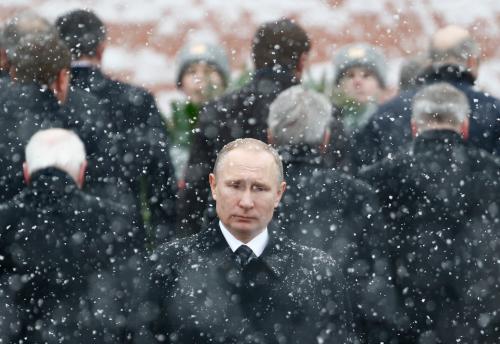
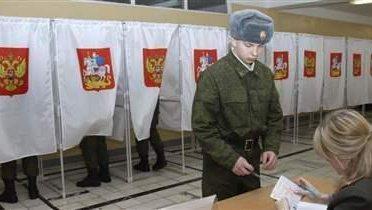
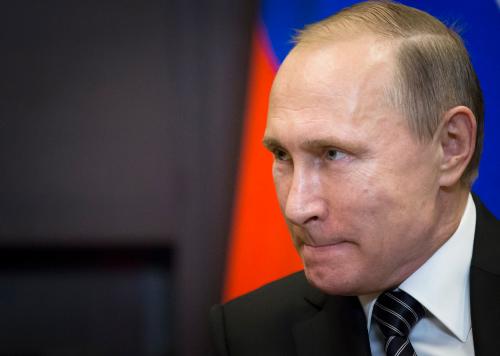
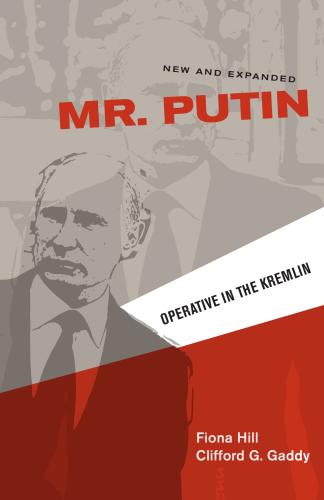
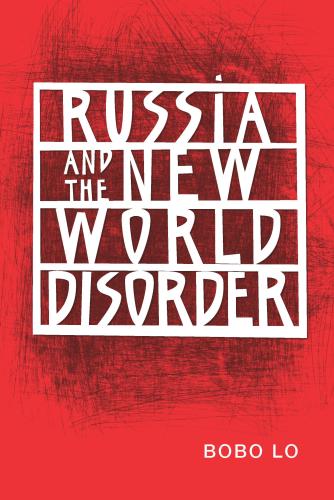
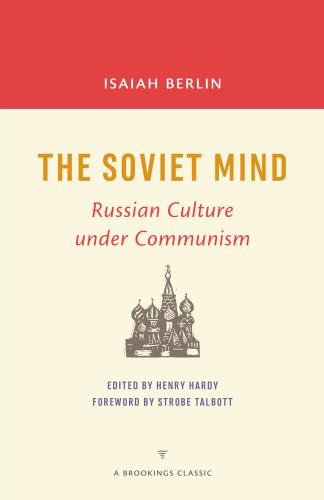


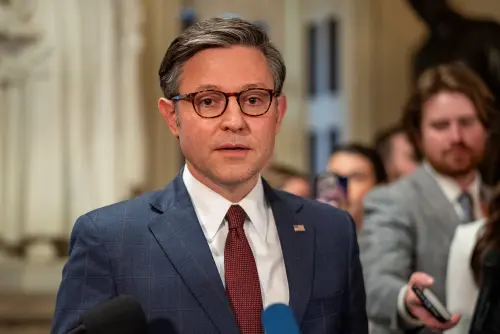

Commentary
3 reasons Russia’s Vladimir Putin might want to interfere in the U.S. presidential elections
August 3, 2016